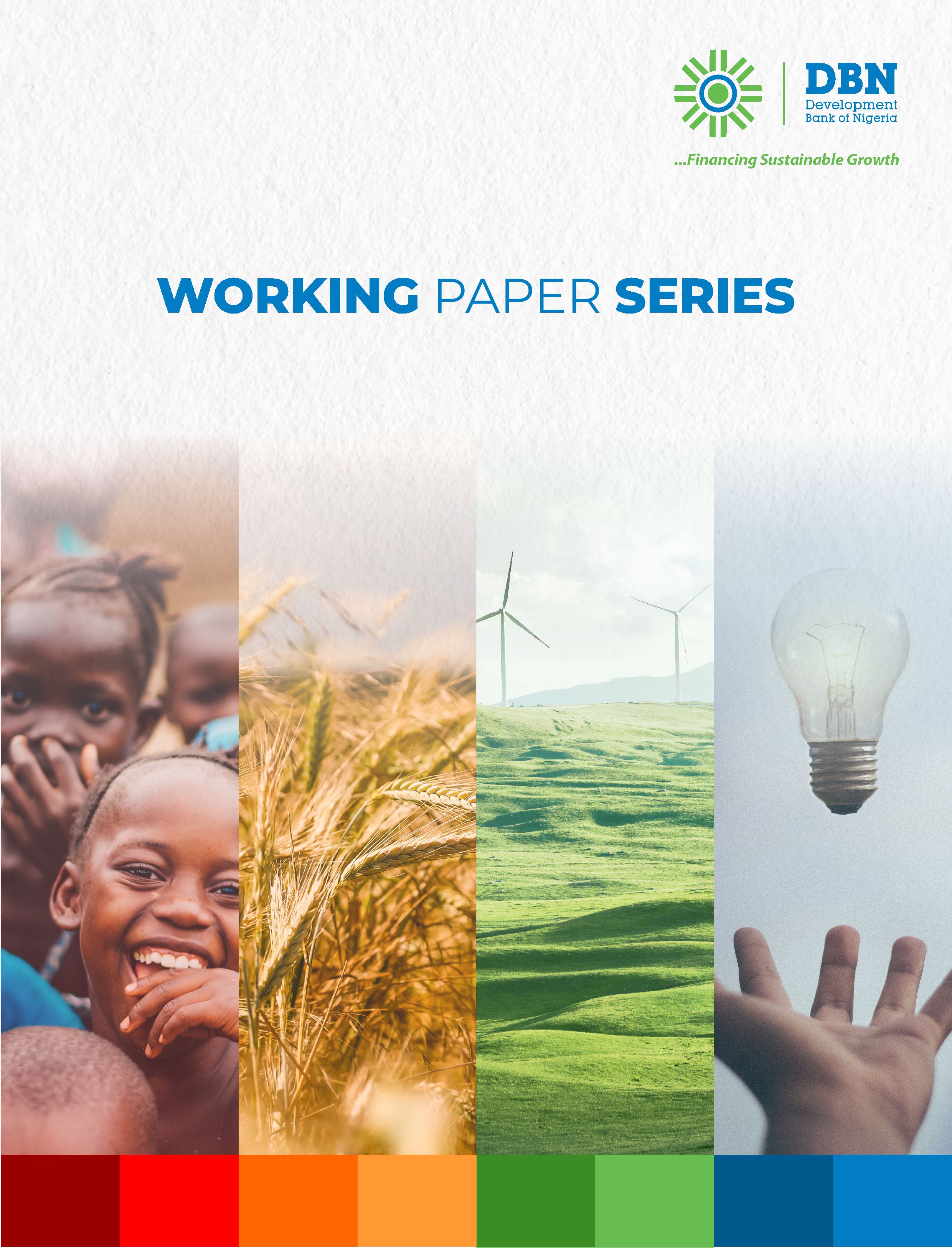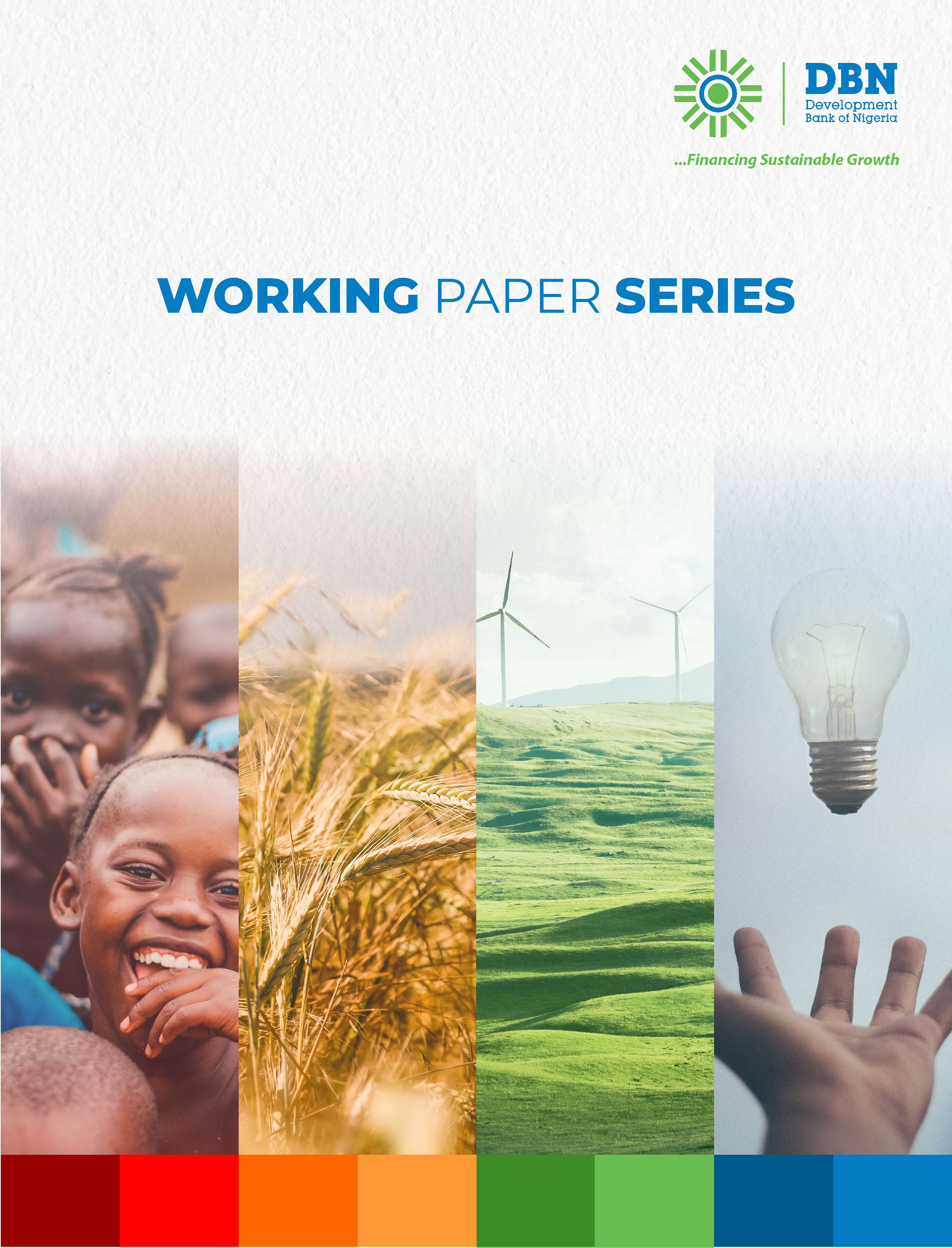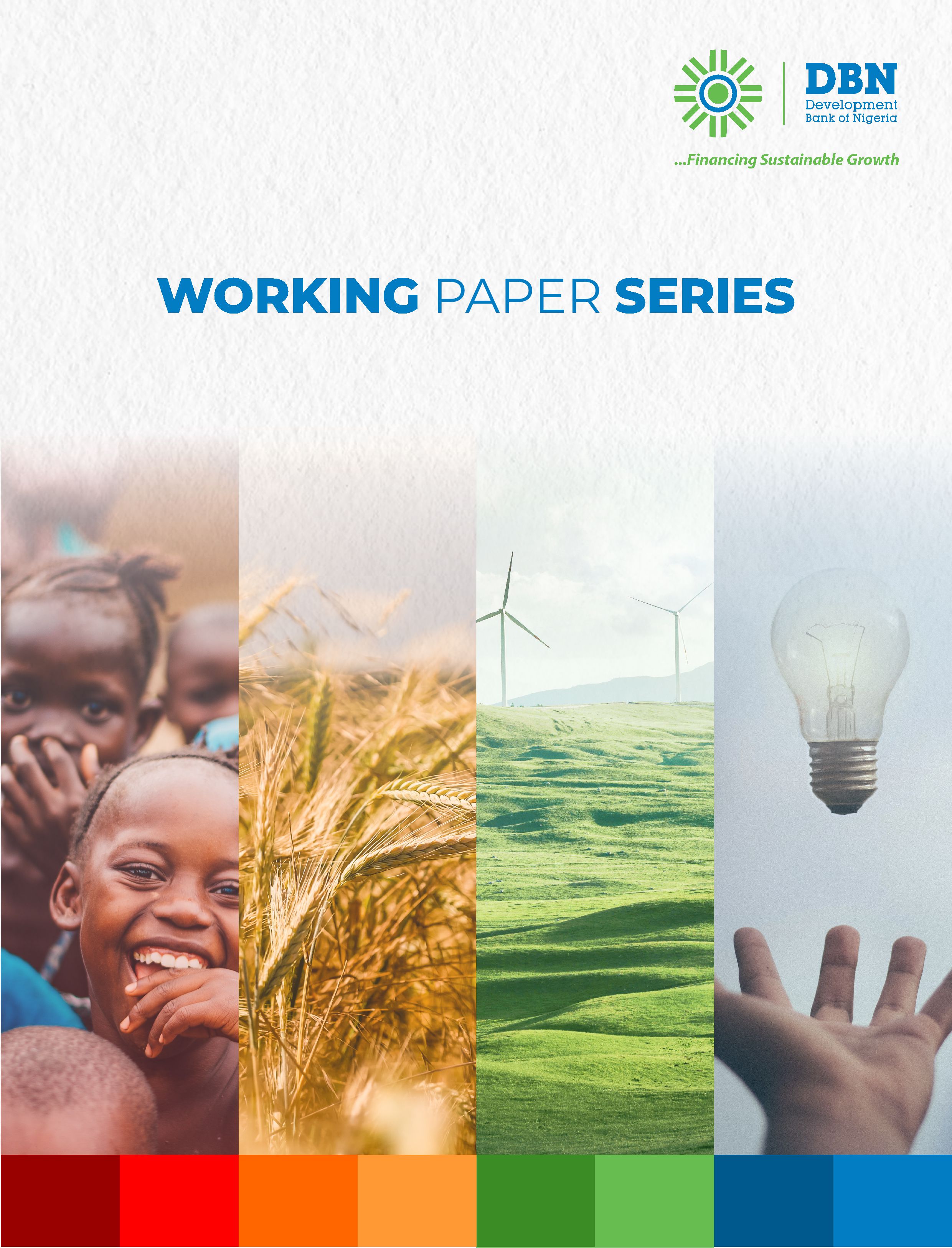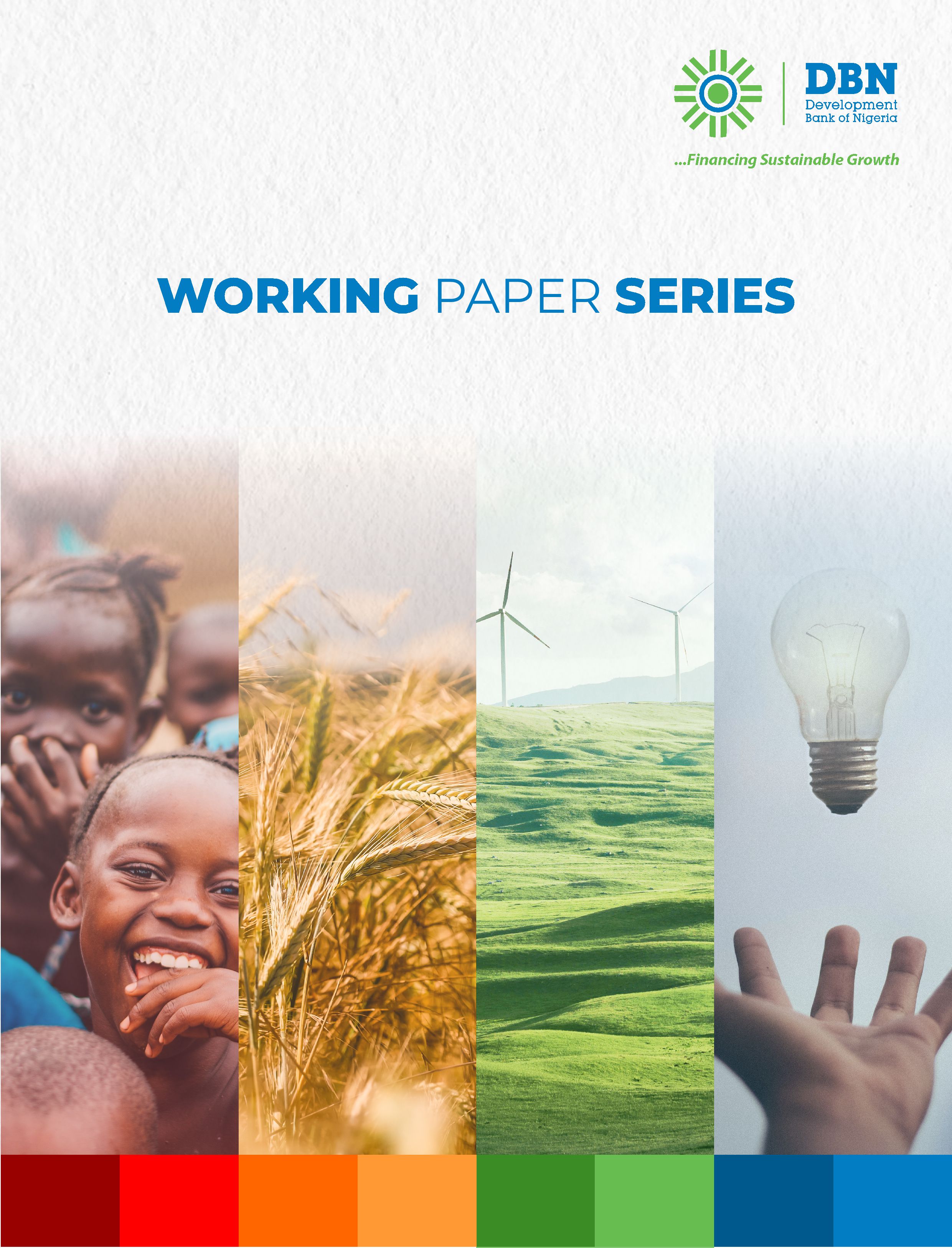
Publication Information
Published by: Admin
Published: 2 years ago
View: 302
Pages: 26
ISBN:
Abstract
Education has been cited in both theoretical and empirical literature as a key driver of socioeconomic growth. African educational outcomes, however, continue to be subpar at all levels. This study examines the impact of democracy on lifelong learning in 52 African countries from 1990 to 2020, employing Fixed Effects regressions. Six democracy indicators, which include electoral, liberal, participatory, deliberative, egalitarian, and total democracy, derived from the principal component analysis (PCA), are employed in the study. The study also utilizes four education variables to capture lifelong learning in Africa and includes primary, secondary, and tertiary school enrolment, as well as a lifelong learning index derived from the PCA. The findings reveal that improving the quality of democracy in Africa can significantly enhance primary school enrolment. The study also finds that improving electoral, participatory, and egalitarian democracy significantly improves secondary school enrolment in the presence of endogeneity. Additionally, improving egalitarian democracy significantly spurs tertiary education. These findings show the importance of political institutions in enhancing educational attainment and lifelong learning in Africa.
Simplice A. Asongu Prof
Chimere O. Iheonu Mr.
Related Publications


VOLUME 6 ISSUE 1 2023
FOREIGN INVESTMENT, INTERNATIONAL TRADE AND ENVIRONMENTAL SUSTAINABILITY - EXPLORING ECOLOGICAL FOOTPRINTS IN 37 AFRICAN COUNTRIES

